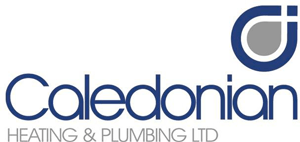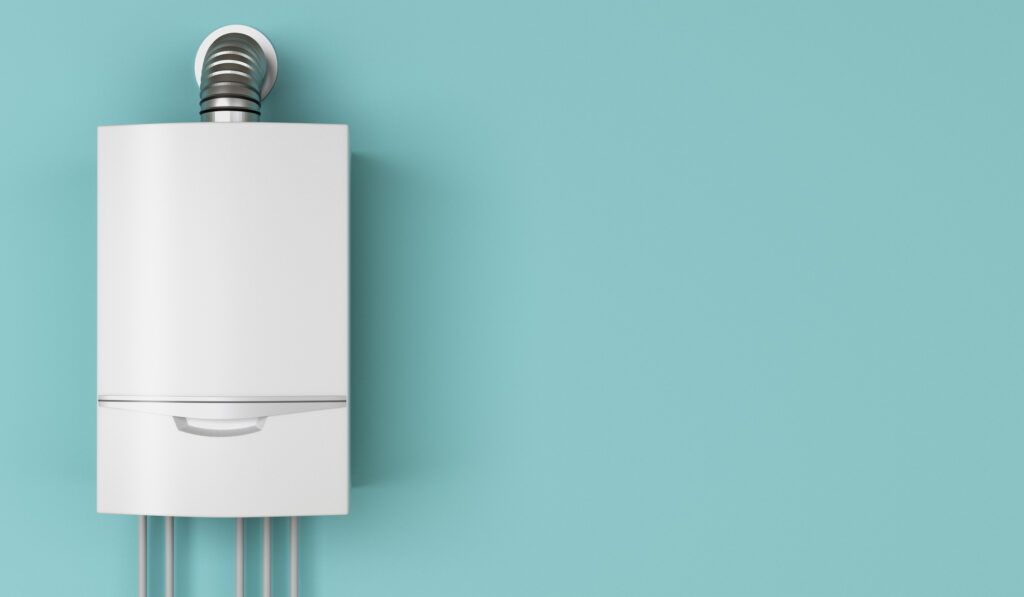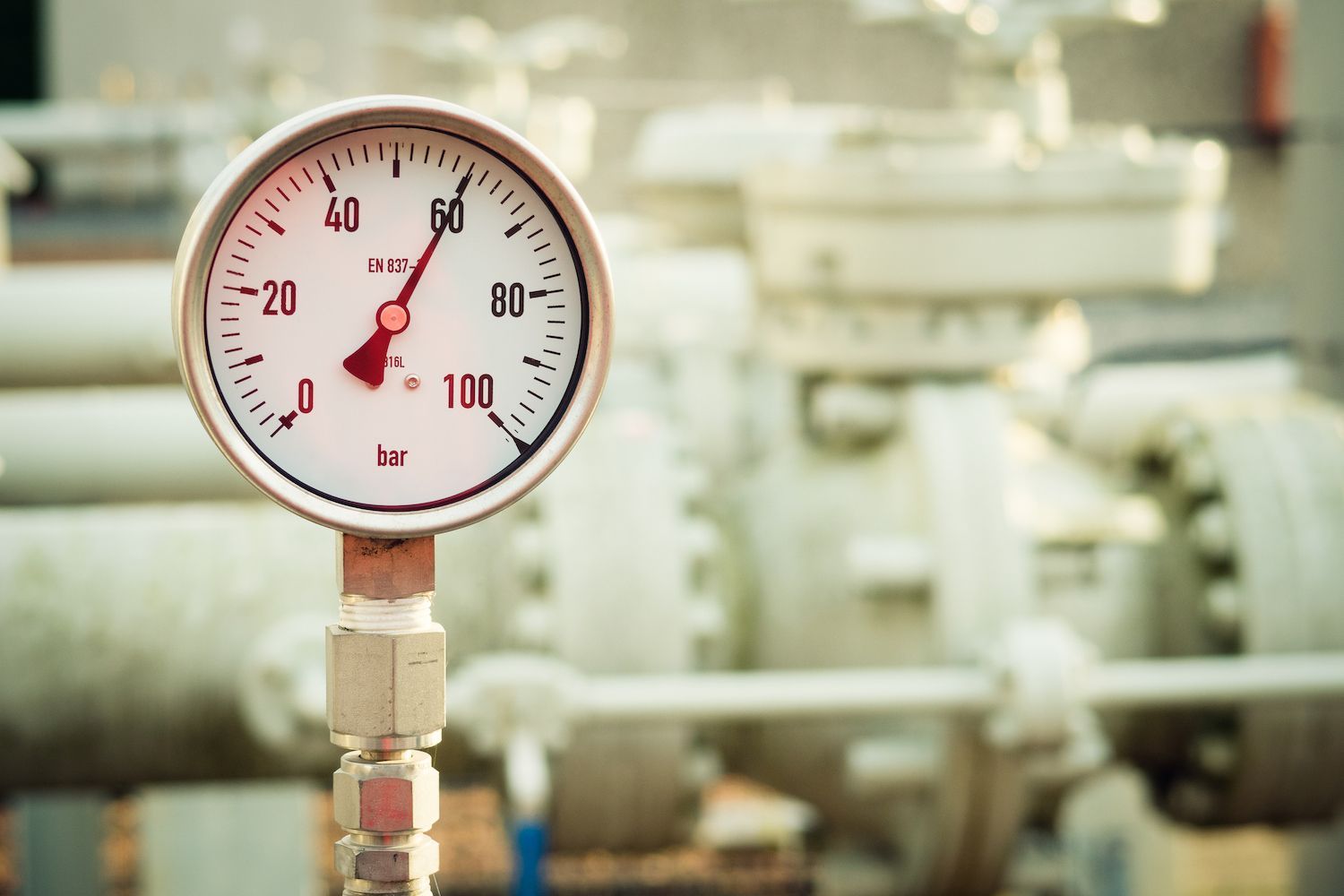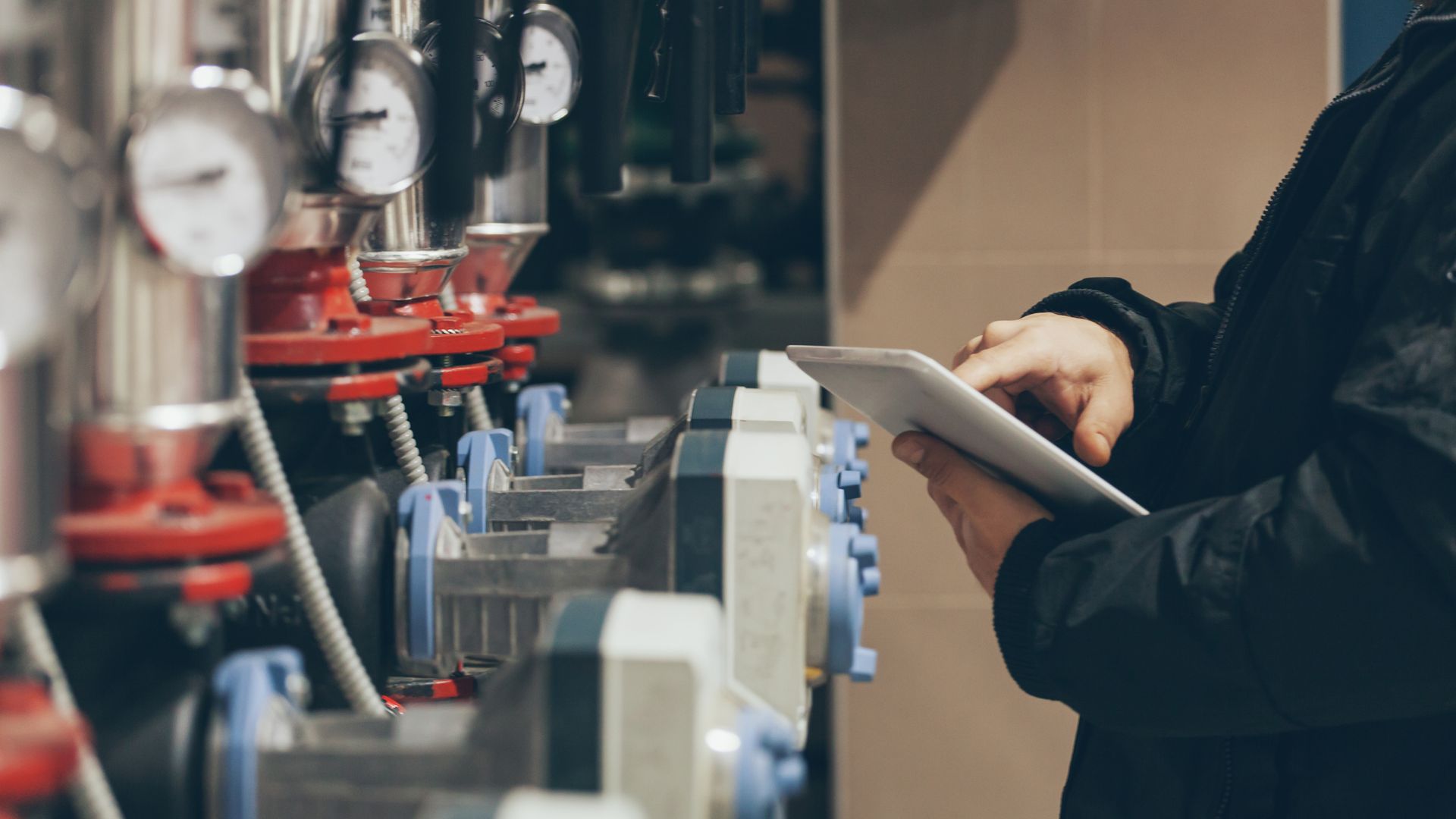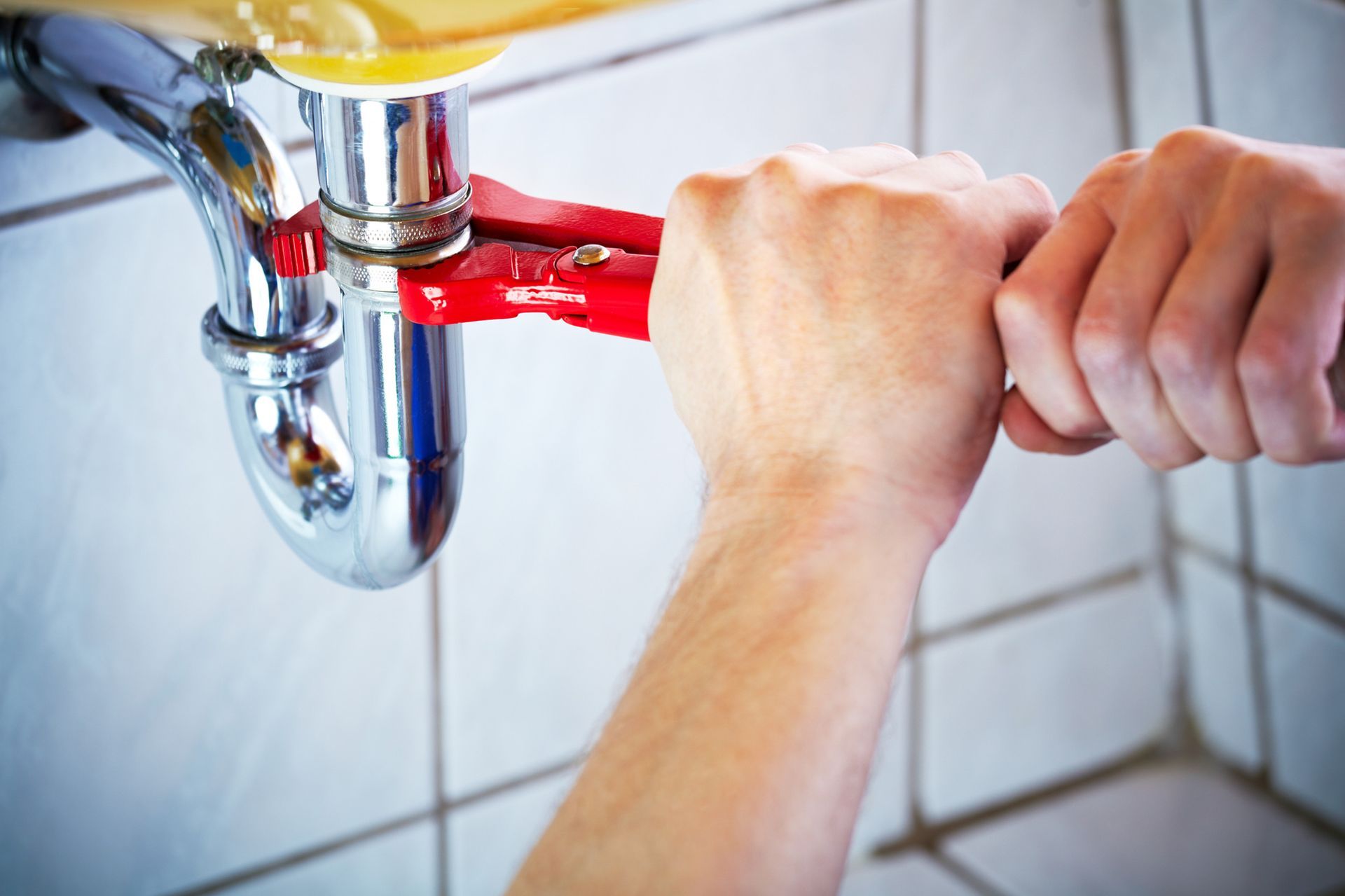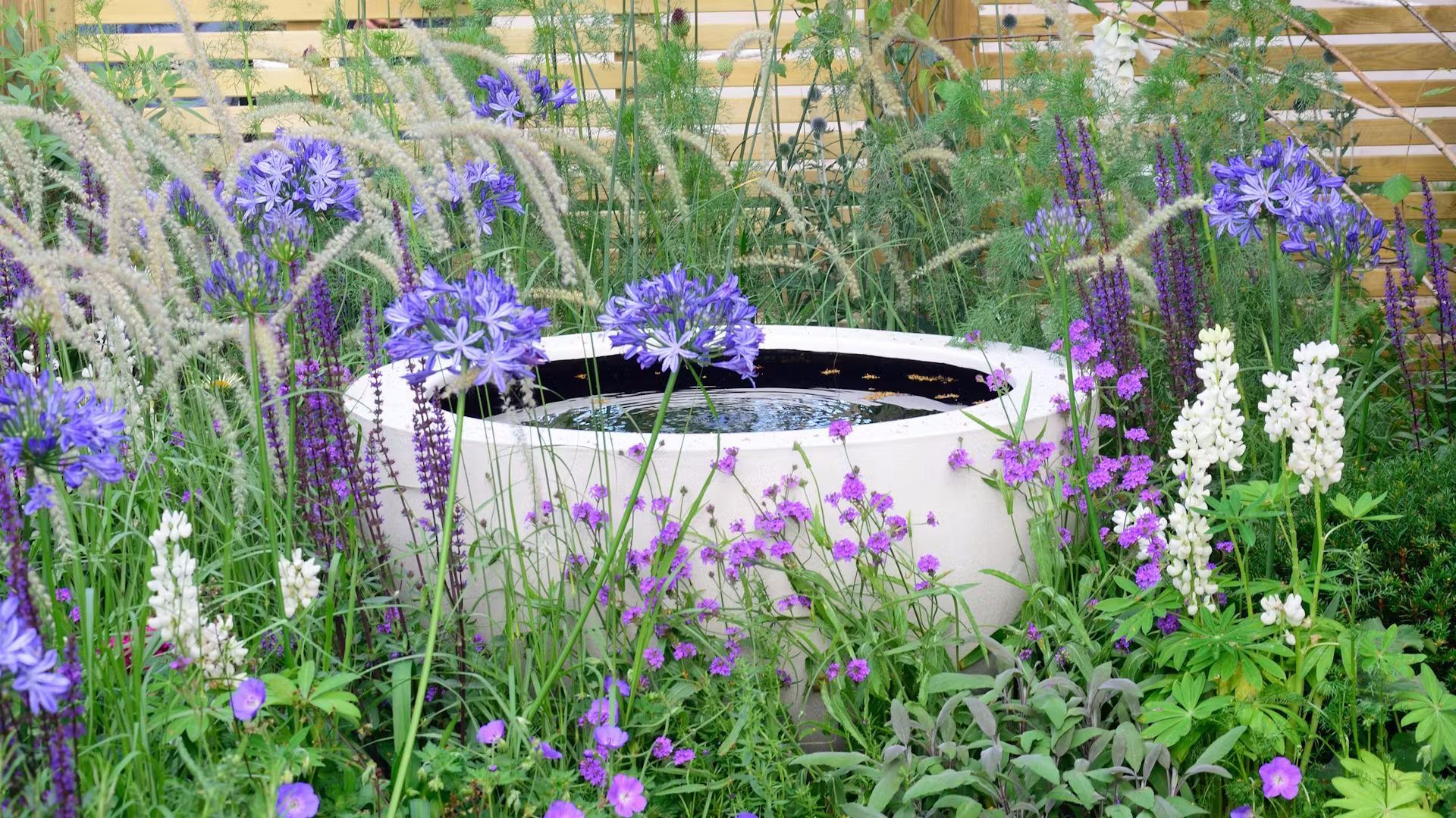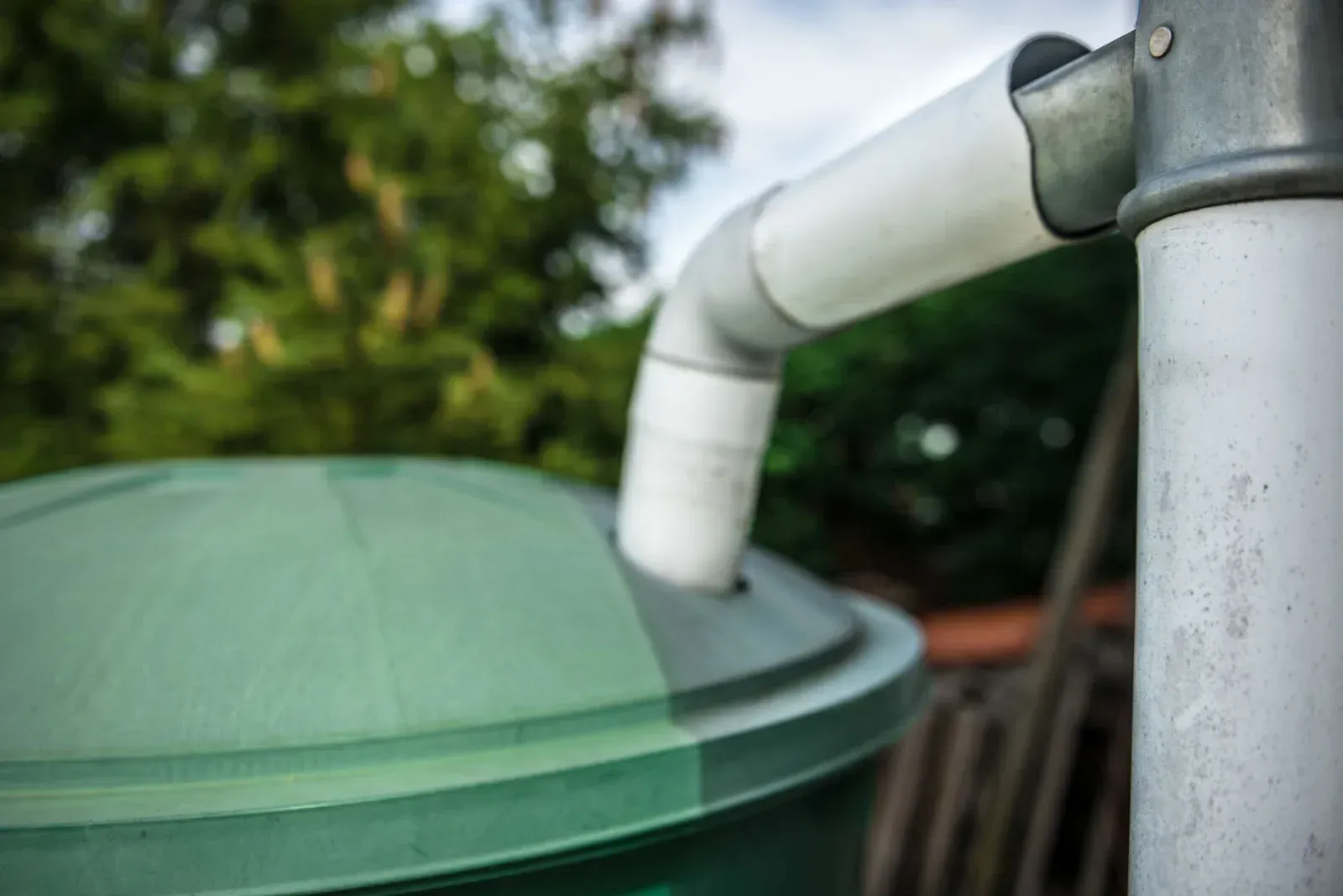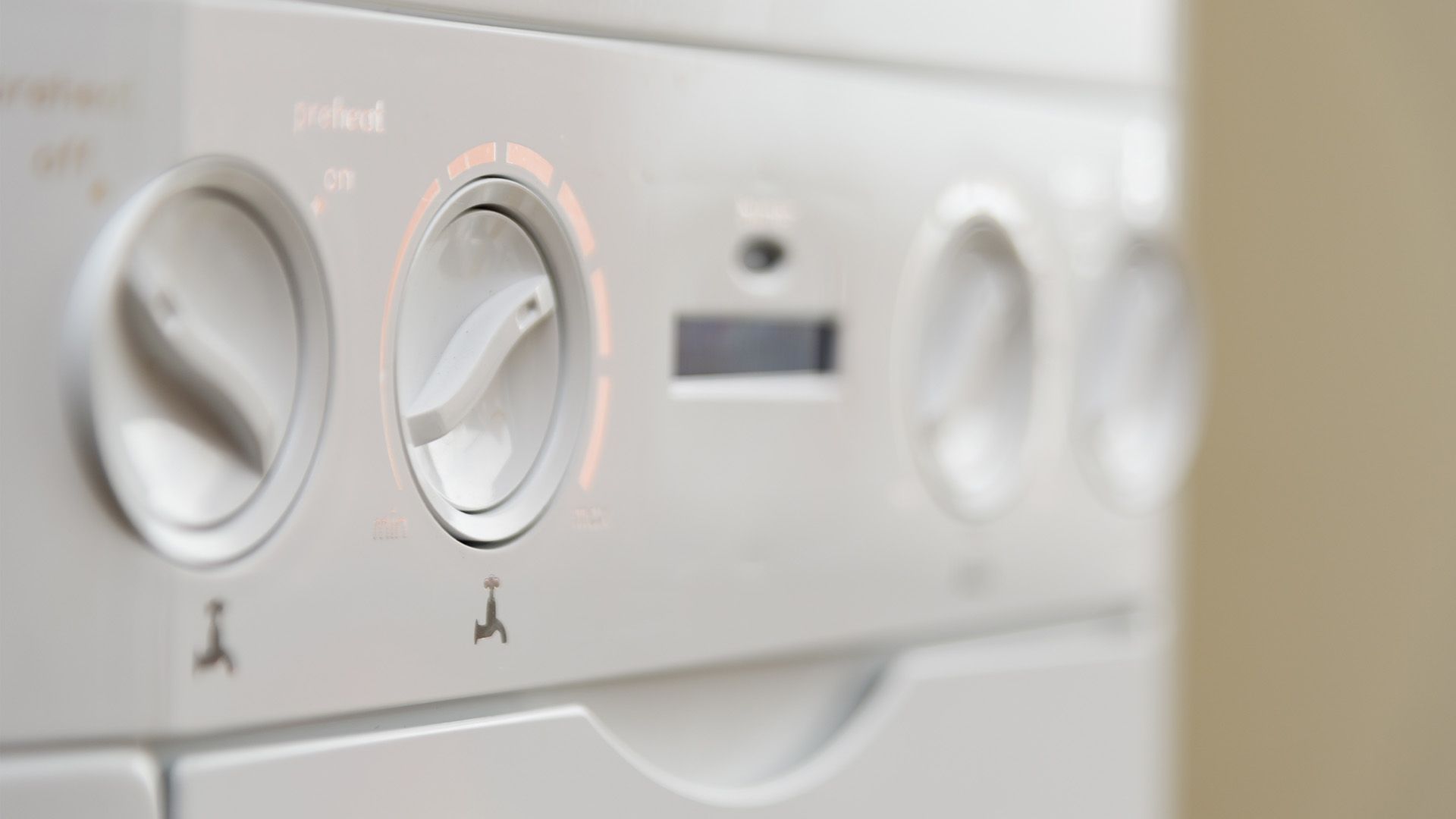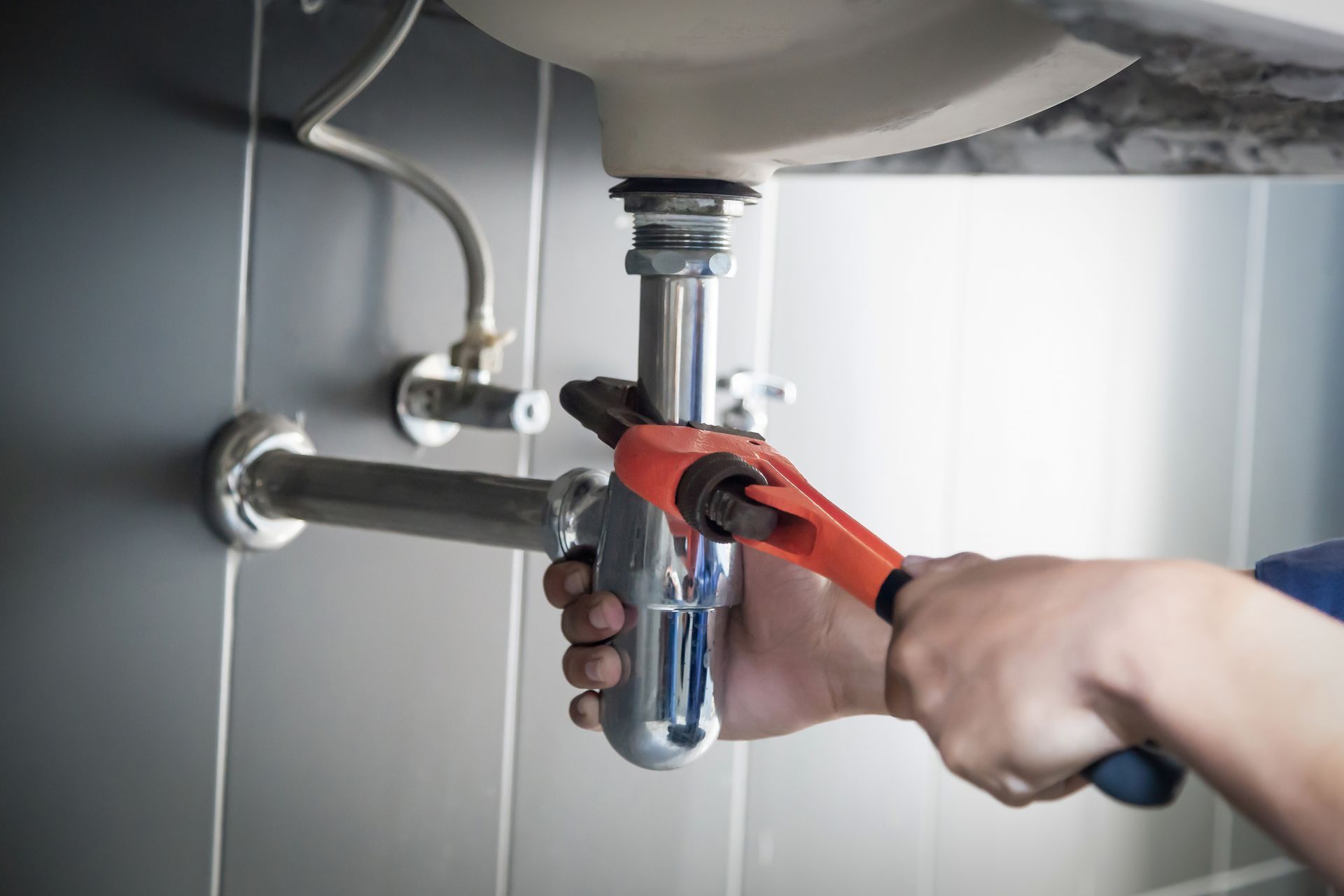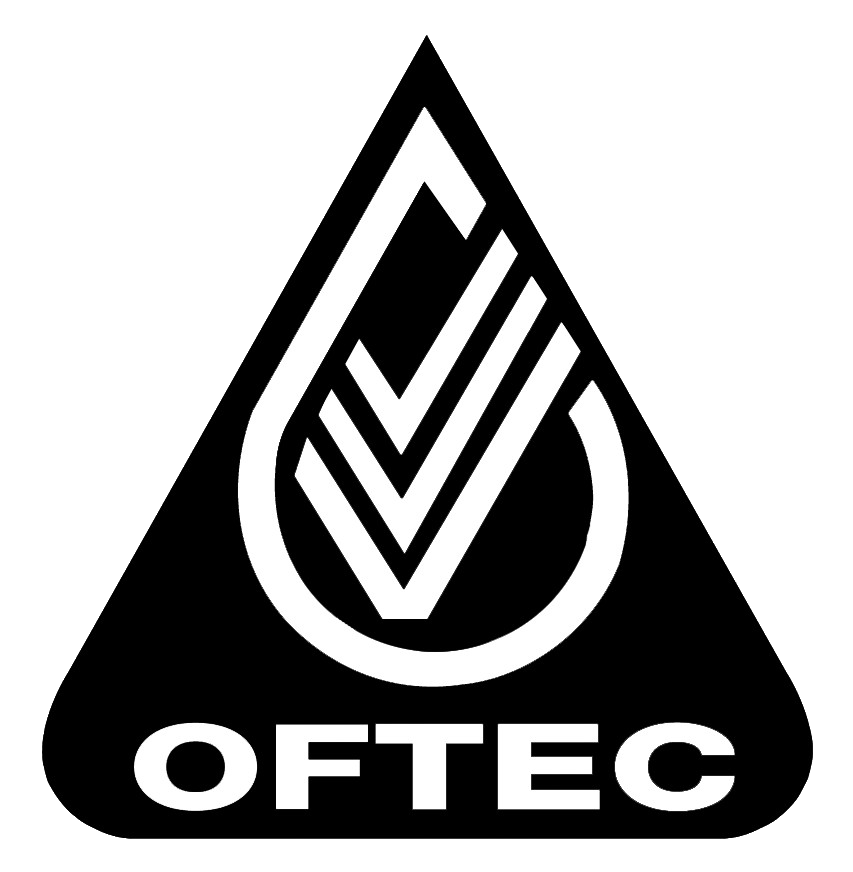Legionella Testing Explained: What You Need to Know
Waterborne diseases pose a serious threat to public health, and Legionella bacteria, responsible for Legionnaires' disease, can be extremely harmful. Testing for Legionella is an effective way to combat this risk and save lives. Read on to discover everything you need to know about legionella testing.
What are Legionella bacteria?
Legionella bacteria are a type of bacteria that can cause a severe form of pneumonia known as Legionnaires' disease. They are commonly found in freshwater environments such as lakes and rivers, but can also be present in man-made water systems like hot tubs, cooling towers, and plumbing systems. Legionella bacteria can be inhaled in the form of tiny droplets of water, leading to infection in the lungs. It is important to note that not all strains of Legionella bacteria cause illness, but certain species, such as Legionella pneumophila, are known to be pathogenic to humans.
What’s wrong with leaving Legionella untreated?
Leaving Legionella untreated can have serious implications for public health. If a person is exposed to the bacteria and develops Legionnaires' disease, they may experience severe symptoms such as high fever, cough, shortness of breath, muscle aches, and headaches. In some cases, the illness can lead to complications like respiratory failure, organ damage, or even death, particularly in individuals with weakened immune systems or underlying health conditions.
It’s essential to understand that if a contaminated water source is not properly identified and treated, it may continue to spread the bacteria, putting others at risk. This is why it is important to promptly identify and address any potential sources of Legionella contamination, particularly in high-risk settings such as hospitals, nursing homes, and other healthcare facilities. Remember, there may also be legal implications for failing to address Legionella contamination.
What are the legal testing requirements for Legionella in the UK?
Under the Health and Safety at Work etc Act 1974 (HSWA), the UK’s health and safety law, it is the duty of a responsible person to understand the health risks associated with the legionella bacteria. Legionella water testing requirements are part of the responsible person’s legal duty of care which includes identifying, assessing and managing any risks in order to prevent an outbreak of Legionnaires’ disease.
As part of legionella regulations, it is up to the employer, landlord or designated representative to understand and manage the health and safety risks involved in the management of all substances hazardous to health, part of which involves regular legionella risk assessments to prevent legionella growth and implement legionella control procedures.
When should you test for Legionella?
It is recommended to test for Legionella when:
● The limits of a control regime, e.g. temperature or disinfectant concentrations, are not being consistently met.
● There is a high-risk area or a place where there is a population with increased susceptibility, e.g. in healthcare premises such as care homes.
● A water system is suspected or identified in a case of an outbreak of Legionellosis.
● A water system is being treated with biocides and hot water is stored or distributed at lower temperatures.
Where can you test for Legionella?
Regular water sampling is the best way to determine the quality of water and to test for the presence of Legionella bacteria. Here are a few examples of where you can test for Legionella:
● Drinking water (including water dispensers and coffee machines)
● Hot and cold water systems
● Cold water storage tanks
● Hot water cylinders
● Water heaters
● Dental units
● Swimming pools
● Spa baths
● Cooling towers
● Eye showers
● Eyewash units
● Water fountains
● Vending machines
● Closed water system
What are the first steps to take when testing for Legionella?
Before beginning testing procedures, a risk assessment must be completed to determine the risk of Legionalla growth in a building’s hot and cold water systems. A Legionella risk assessment is a thorough evaluation of water systems and processes to identify potential risks associated with Legionella bacteria. This risk assessment will highlight the risk in your building and therefore when and how often you should test.
What are some common indicators of Legionella?
When inspecting water systems, there are several warning signs that indicate a higher risk of the presence of Legionella bacteria. These include:
● Corrosion - corroded pipes, fittings or valves provide a breeding ground for biofilm formation, which can harbour and protect Legionella bacteria from disinfection methods. Rust-coloured water or the presence of flakes and rust particles will indicate corrosion.
● Scale - the accumulation of scale is another way Legionella bacteria can thrive. Visual signs of scale include white or off-white deposits on taps, showerheads or internal plumbing.
● Sediment - the presence of sediment such as dirt, debris or particulate matter can be a potential source of nutrients and support the growth of Legionella bacteria. Brown or cloudy water, or visible particles in the water, can indicate the presence of sediment.
Which methods are used to test for Legionella?
There are several ways of testing for Legionella bacteria, with each method involving unique advantages and limitations. Here are a few of the most common:
The culture method
Water samples are traditionally collected from water systems using the bottle bulk water sampling method, which allows water to be collected from potable water fixtures or from warm-water-containing mechanical equipment. The water sample is then sent to a UKAS accredited laboratory, such as WCS Group, which will identify the presence or absence of Legionella in the water sample collected, the bacterial count and Legionella species present. It is crucial to collect the water samples at the right points within the water system and with the right methodology for accurate results. Additionally, it’s important that samples are transported in the correct way and in the correct timescales. However, these traditional lab-based culture methods are time-consuming, and it can sometimes take up to two weeks before the building owner or manager is aware of the result.
The PCR method
The PCR (or polymerase chain reaction) method is a technique that only takes a few hours to complete. The method consists of several steps:
● Viable cells are concentrated through membrane filtration.
● They are then subjected to sonication and heating procedures, which lyse the cells and free the DNA.
● Finally, the DNA is purified for the Polymerase Chain Reaction.
PCR is a fast and accurate way of detecting Legionella bacteria, often succeeding in detecting Legionella types when traditional methods fail. However, this method is traditionally more expensive, requires specialist equipment and results can be difficult to interpret. It’s worth noting that PCRs are very useful in managing outbreak situations.
The rapid swab method
Rapid swab-testing kits that enable the detection of Legionella in just 25 minutes are now widely available. They are incredibly accurate at identifying the fatal Sero group 1 strain of Legionella. Detecting Legionella so quickly allows rapid remedial action, which can significantly reduce the possibility of human infection. However, while being a helpful self-test tool in the toolkit, the rapid-swab method is not a substitute for a robust water testing programme and UKAS laboratory certification and can only currently detect Sero Group 1.
Water treatment testing risk assessments from Caledonian Heating Ltd
Any water system that meets specific environmental requirements could be a legionella source. As members of the LCA (Legionella Control Association), Caledonian Heating & Plumbing Ltd can ensure that your water systems are safe and that you comply with additional legionella regulations. As part of a customised legionella control plan for your company, our experts can perform risk assessments, testing and control work in a structured and safe manner. We guarantee Acop L8 compliance for your company - in accordance with the law. Whenever necessary, we also offer L8 maintenance programmes for ongoing legionella control, overseen by our experienced specialists for your piece of mind Based in Edinburgh and Dundee, we work to control legionella levels for both commercial and industrial businesses across Scotland. We cover Perth, Aberdeen, Stirling and Fife, where we can also work further afield if necessary - simply get in touch to find out if we can help.
